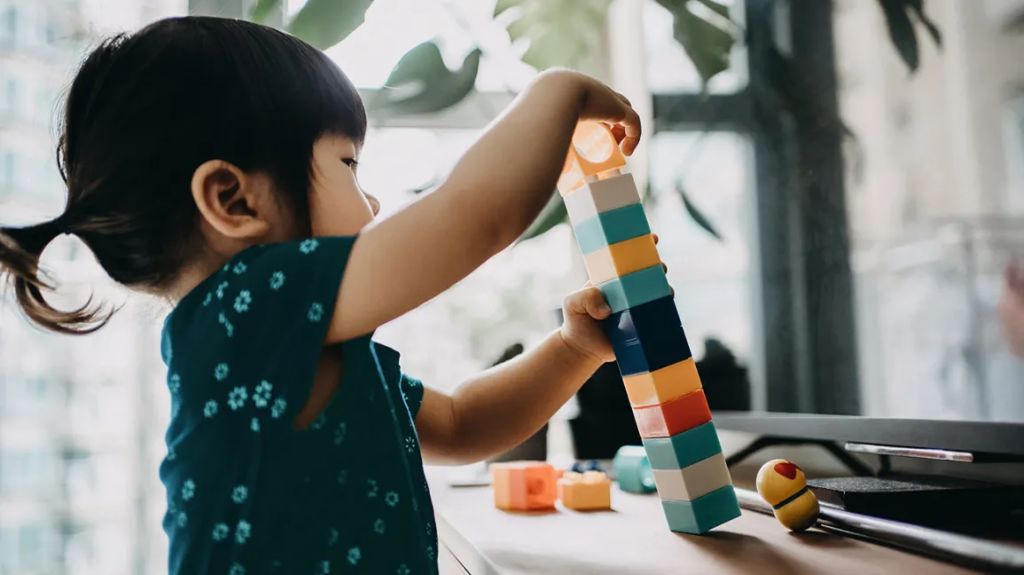Discover how educational psychology molds effective online learning experiences for students at every level, from home to private school environments.

Source: www.scmp.com
Featured Charities
Jump To Section
- The Essence of Educational Psychology
- Revolutionizing Online Learning
- Benefits in Private School Settings
- Real-world Applications
- Taking Action for Educational Advancement
The Essence of Educational Psychology
Educational psychology delves into how people learn and retain knowledge, providing insights that are vital for effective teaching strategies. Through studies on cognitive, motivational, and developmental processes, educational psychology equips educators and parents to create supportive and enriching learning environments. Leveraging such knowledge, individuals can tailor learning experiences to meet the diverse needs of students, making education more accessible and engaging.

Source: www.healthline.com
Revolutionizing Online Learning
In a world where digital classrooms have become increasingly prevalent, educational psychology plays a pivotal role in shaping online learning platforms. By understanding how online spaces influence student engagement and information assimilation, educational experts can design online courses that cater to different learning styles and preferences. From interactive modules to adaptive assessments, educational psychology informs the creation of dynamic and personalized online learning environments that can keep pace with the tech-savvy generation.
Benefits in Private School Settings
Private schools have the unique opportunity to employ educational psychology to enhance their curricula and teaching methods. The flexibility and resources available in these institutions allow for the adoption of innovative psychological techniques that support individual learning pathways. Through such application, private schools can offer a customized educational experience that can lead to improved academic outcomes and student well-being.
Real-world Applications
Applying the principles of educational psychology goes beyond theory. Every classroom scenario, be it in a traditional private school or an online course, is a chance for practical implementation of psychological ideas. For example, fostering a growth mindset can encourage resilience in students, which is especially beneficial in the fast-evolving landscape of online education. Such real-world applications demonstrate the confluence of psychological research and educational practice.
Taking Action for Educational Advancement
To actualize the potential of educational psychology in shaping effective learning environments, acting on this knowledge is crucial. This can mean advocating for psychological training for educators, implementing research-backed strategies in online learning platforms, or supporting initiatives that promote psychological insights in private schools. By taking such steps, we can contribute to a more educated and psychologically aware society, laying the foundations for a brighter future.
Featured Charities
Our methodology is not perfect, but improving rapidly. If you have spotted an inaccuracy, please contact us at support@give.asia
Givepedia is an initiative by the team at Give.Asia. We want to inspire more people to become givers in the world.
Subscribe to receive email updates on Givepedia and our blog.
Give.Asia is a Social Enterprise based in Singapore.
In partnership with 




